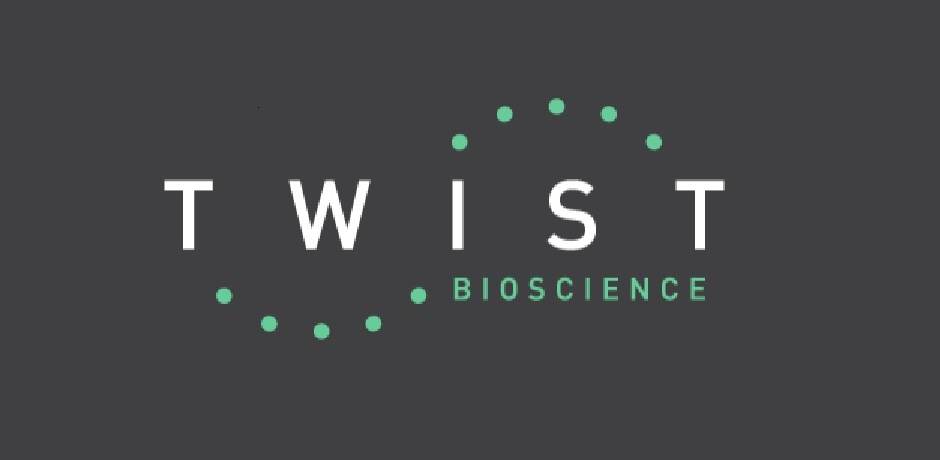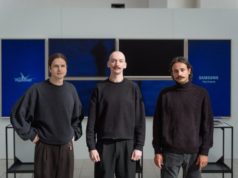
Twist Bioscience, a San Francisco-based biotech startup today announced that Microsoft has agreed to purchase another ten million strands of DNA (oligonucleotides) to encode digital data. Their silicon-based DNA synthesis platform can accelerate the ability to write DNA at a cost enabling data storage. Last year, Microsoft announced that the initial test phase with Twist demonstrated that they could encode and recover 100 percent of the digital data from synthetic DNA. They were able to successfully store a record 200 megabytes of data on DNA.
As the quantity of digital data is growing rapidly, the ability to store this data is not keeping pace. There is a need for a new storage medium that effectively and accurately stores data. Microsoft and University of Washington researchers are collaborating to use DNA as a high density, durable and easy-to-manipulate storage medium. Using DNA to archive data is an attractive possibility because it is extremely dense (up to about 1 exabyte per cubic millimeter) and durable (half-life of over 500 years).
“We are delighted to see the positive response and growing excitement over DNA as a solution to our world’s growing digital storage dilemma,” commented Emily M. Leproust, Ph.D., CEO of Twist Bioscience. “We have taken up the challenge of massively increasing DNA synthesis scale to accelerate adoption of DNA as the logical replacement for current legacy electronic and magnetic storage technologies. We are thrilled to continue our work with Microsoft and the University of Washington researchers to drive this technology forward.”
“There are still many challenges in making DNA storage mainstream, though we are encouraged by the work we have completed to date,” said Karin Strauss, Ph.D., a Senior Researcher at Microsoft, and one of the project’s lead researchers. “Demand for data storage has been growing at break-neck pace. Organizations and consumers who need to store a lot of data – for example, medical data or personal video footage – will benefit from a new long term storage solution. We believe DNA may provide that answer.”







